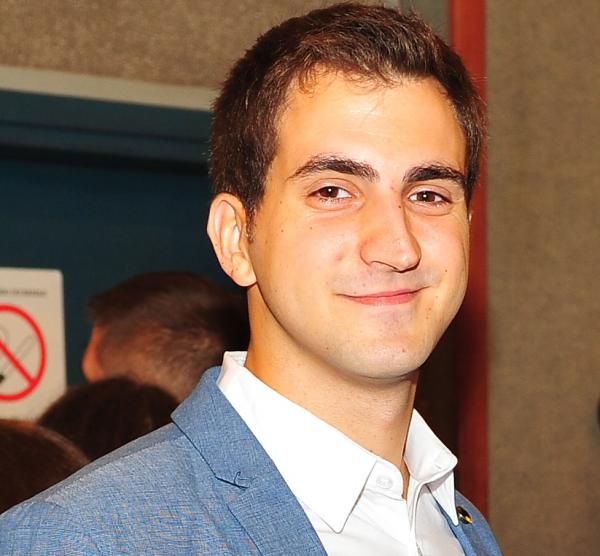Pharmaceutical Chemistry
Homework Help & Tutoring
We offer an array of different online Pharmaceutical Chemistry tutors, all of whom are advanced in their fields and highly qualified to instruct you.
Pharmaceutical Chemistry
Pharmaceutical Chemistry
Pharmaceutical chemistry is the study of medicines and drugs. This includes what drugs are made of, how drugs are created, and how efficient the drugs are. Most pharmaceutical chemistry work is done in a laboratory setting. Herbal remedies were utilized in early Egyptian, Greek, and Asian societies, without knowing the biological processes behind the medication. It was not until the early 1800s, however, that scientists removed chemicals from plants to discover and identify their active components.
A drug is a chemical substance used for diagnosis, prevention, or treatment of a disease or illness. Generally, drugs can be divided into two hard and soft drugs, depending on their metabolic properties. Hard drugs are biologically active and are unable to be metabolized. Soft drugs produce a controllable vibe metabolism to form an inactive product after they have achieved their desired effect. The advantage of soft drugs is the production of an nontoxic product, limiting any severe long term effects.
Drug discovery is one of the central parts of pharmaceutical chemistry. When creating a drug, a lead compound is the starting point. Lead compounds can have natural, synthetic or computer modeling sources. A common example of a lead compound is histamine, which is useful in treating allergic and inflammatory reactions.
Natural sources are chemical compounds or substance produced by a living organism. They are two major divisions of natural sources: primary metabolites and secondary metabolites. Primary metabolites have an intrinsic function that is needed for survival by the organism which produces them. Secondary metabolites have an extrinsic function that affects other organisms. As mentioned earlier, plants have played a major role in traditional medicine.
Synthetic sources are thought of as compounds produced by geological systems and which lack hydrocarbon. They can be found in nature, particularly as minerals. As some may have dangerous properties, they are used cautiously in the medicinal field. Some examples of these are inorganic salts such as mercury and antimony.
Computer modeling has revolutionized the drug discovery process. Drug design can also involve technological approaches to designing molecules with specific chemical properties. Advances in technology have made it possible for chemists to synthesize large amounts number of compounds in a short period of time. This process is known as combinational chemistry.
Synthesized chemicals are tested for biological activity. From there the chemical may be changed to improve its potency. This is how compounds with therapeutic benefits can serve as the leads for the development of new drugs. Once government agencies and scientists have thoroughly evaluated a product and determined it to be safe, it can be further tested by adult volunteers. The volunteers are monitored to determine if the drug is effective and if there is significant improvement of the condition.
A pharmaceutical chemistry foundation helps students understand not only the process of drug development but the societal issues that surround it. Pharmaceutical chemistry can also prepare a student for medical, medicinal and pharmaceutical professions in the future. This field rapidly changes with new discoveries and research. One way to keep up with this exciting field is by reading up on news articles and educational journals.
To fulfill our tutoring mission of online education, our college homework help and online tutoring centers are standing by 24/7, ready to assist college students who need homework help with all aspects of pharmaceutical chemistry. Our chemistry tutors can help with all your projects, large or small, and we challenge you to find better online pharmaceutical chemistry tutoring anywhere.
College Pharmaceutical Chemistry Homework Help
Since we have tutors in all Pharmaceutical Chemistry related topics, we can provide a range of different services. Our online Pharmaceutical Chemistry tutors will:
- Provide specific insight for homework assignments.
- Review broad conceptual ideas and chapters.
- Simplify complex topics into digestible pieces of information.
- Answer any Pharmaceutical Chemistry related questions.
- Tailor instruction to fit your style of learning.
With these capabilities, our college Pharmaceutical Chemistry tutors will give you the tools you need to gain a comprehensive knowledge of Pharmaceutical Chemistry you can use in future courses.
24HourAnswers Online Pharmaceutical Chemistry Tutors
Our tutors are just as dedicated to your success in class as you are, so they are available around the clock to assist you with questions, homework, exam preparation and any Pharmaceutical Chemistry related assignments you need extra help completing.
In addition to gaining access to highly qualified tutors, you'll also strengthen your confidence level in the classroom when you work with us. This newfound confidence will allow you to apply your Pharmaceutical Chemistry knowledge in future courses and keep your education progressing smoothly.
Because our college Pharmaceutical Chemistry tutors are fully remote, seeking their help is easy. Rather than spend valuable time trying to find a local Pharmaceutical Chemistry tutor you can trust, just call on our tutors whenever you need them without any conflicting schedules getting in the way.






